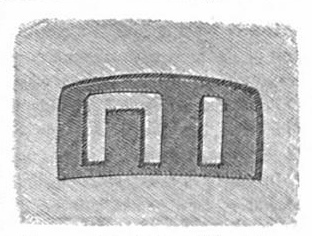
Mary had a little lamb, its fleece was white as snow,
And everywhere that Mary went the lamb was sure to go.
It followed her to school one day, which was against the rule;
It made the children laugh and play to see a lamb at school.
That rhyme has grown a bit boring — so Dave Morice has been spicing it up in Word Ways: The Journal of Recreational Linguistics. Samples:
Three-syllable words only, November 1998:
Marilyn’s ownership! Minuscule lambikin maximized fleeciness snowily.
Certainly everywhere Marilyn visited lambikin visited showily.
Yesterday lambikin, following Marilyn scholarly, misbehaved lawlessly.
Schoolfellows empathized laughingly, playfully, scholarly lambikin flawlessly.
Typed entirely with the left hand, August 1999:
Eva caged a wee, wee ewe, fat tresses wet as grass.
As Eva raced afar, ewe raced as far! Ewe was as crass.
Ewe started after Eva’s feet, faced ewe at fact cave.
Tads tagged, tads teased, tads raved at ewe, tads saw sweet treats ewe gave.
One long palindrome, November 1988:
Mary, baboon? To go to room? Gnu? Star? No, ’tis all lamb.
O, bit on stool, eh, Mary? Won sore heel? Sit! One rule, so:
No nose lure. No, ’tis Lee, hero, snowy ram. He loots not I, Bob.
Mall, la, sit on rat. Sung–“Moo rot! O, got no, O, baby ram!”
Rhopalic (words of increasing length), May 2000:
O, to own lamb, Mary’s little whitest creature,
Violating legalities, schoolmates interrupting
Schoolteacher entertainingly, disrespectfully,
Incontrovertibly counterproductive.
Semiprofessionally historicogeographic,
Superultrafrostified anticonstitutionalist,
Hyperconscientiousness anthropomorphologically,
Pathologicopsychological, philosophicopsychological.
And “The Lamb’s Viewpoint,” November 2006:
Lambie had a little girl, her hair was white as snow,
And everywhere that Lambie went, the girl was sure to go.
She followed him to graze one day; that was a real disaster.
It made the lambs all baa and bleat to see a girl in pasture.






